It is one of the oldest continuously inhabited sites in the world and is a major tourist attraction, but the city of Acre (or “Akko” as Israelis call it), is going through difficult times, with widespread poverty. A joint venture between the city and a passionate local landscape designer harnesses the spirit of the locals to created traditional businesses.
Landscape designer Ella Iungman is working on a large-scale project to change the troubled reality of the old city of Acre by turning private properties into tourist enterprises. The project aims to bring the wonderful city, famous for its crusader and Bahai sites, to its full potential and engage the locals in the process.
Related articles
- Popular Palestinian-Israeli App Helps Young Arabic-Speaking Parents
- How Chewing 10 Tons Of Sunflower Seeds Brings Arabs And Israelis Together
A world heritage site
A UNESCO world heritage site, the old city of Acre abounds with historical and cultural marvels, such as an ancient fishermen’s wharf, the Knights’ Halls, a Templar tunner, caravanserais from the 18th century, an ancient marketplace, bazaars and a Bahai Garden. It also hosts the annual Acre Festival of Alternate Theatre, one of Israel’s leading cultural events.
But while this abundance of treasures attracts over two million visitors annually, the city also suffers from a less enchanting side, with high unemployment; poverty; crime, and most of all – disillusionment.
Using tradition as an attraction
Three years ago the Acre municipality asked Iungman, who is also an adviser to the Ministry of Tourism, to create a new touristic project to support local property owners. Iungman had been working on similar touristic and community-based projects for seventeen years, specializing in the traditional arts and had already launched three centers of traditional arts and crafts for Arab women.
At these centers women come together to create arts and crafts and sell them at the market and at festivals. “These projects were very important because these women needed to find something that they are very good at, and has to do with their identity,” Iungman tells NoCamels, “so they don’t have to be ashamed of not being ‘modern’ or educated women. Instead, they helped their village becoming touristic, and many other projects arose because of their work.”
Empowering the people of Akko
According to Iungman, part of the difficulty for the locals is precisely that they live in a city so historically rich. Because the infrastructure is so delicate, she explains, preserving a city and living in it doesn’t always go hand-in-hand.
As a result, many locals see their homes, which are often heritage sites that cannot be destroyed, as a burden rather than an economic asset.
Still the biggest problem, says Iungman, is that the locals don’t believe their situation can change. “The most important thing is to change their mindset about the possibilities of the future,” Iungman tells NoCamels. “Most of my work is to make them believe that they have potentials to progress and succeed.”
The aim of her project is therefore to empower the people of the old city of Acre by showing them that they can earn a living while benefiting their city.
From Turkish baths to B&Bs
Sign up for our free weekly newsletter
SubscribeIungman and her collaborators help the new entrepreneurs by closely helping them conceptualize the idea for their tourist ventures; formulate a basic plan; take the process into implementation with talks about design and legal and economic considerations; and market the brand.
Since the project’s launch three years ago, property owners succeeded to create a variety of tourism projects in Acre.
These include a Turkish Bath (Hamam) built in the style of ancient models; a B&B with typical Acre architecture from the Ottoman era; a home-style restaurants; and a “Diwan” (guest house).
Iungman’s next projects are a venue for musical and literary events; a gallery for local artists and a women’s center for the making of traditional arts and crafts.
Entering people’s hearts and homes
While these are large-scale businesses, the organization is also involved in smaller projects, such as a herbal medicine stand, and stands to sell arts and crafts. A few women who could not afford to open a restaurant, but were inspired by Iungman decided to open their own kitchens to visitors, offering authentic home-cooked cuisine.
Iungman notes: “Guests are so happy to be in a typical home! What we are doing is called cultural tourism – we offer tourists a more authentic and meaningful experience. The goal is not having more tourists (since there are already two million a year), but to develop projects that create dialogue between the locals and the tourists.
A passion for Akko
While many of the city’s resources go into the renovation, preservation and rebuilding of the city, Iungman believes that the development of the city should go hand-in-hand with the development of its inhabitants. “The projects are always the means for change, not the purpose. What interests me is the community, and tourism is a very good tool to make a better life for people.”
Iungman says Acre has been one of her passions ever since she visited as a child. “The city’s life is imbued with the sea, ancient architecture, stories of peoples and cultures dating back over 5,000 decades and you have Muslims, Christians, Jews, Sufi, Bahia living side by side,” she says.
Starting to believe in change
Iungman believes her project is really starting to pay off: “For two years I was knocking on doors and trying to convince people that they can launch their own business. But in the last six months people have been knocking on our doors, because they started to believe in what we do.”
Photos: Erik Sahlin
Related posts

Rehabilitation Nation: Israeli Innovation On Road To Healing

Israeli High-Tech Sector 'Still Good' Despite Year Of War


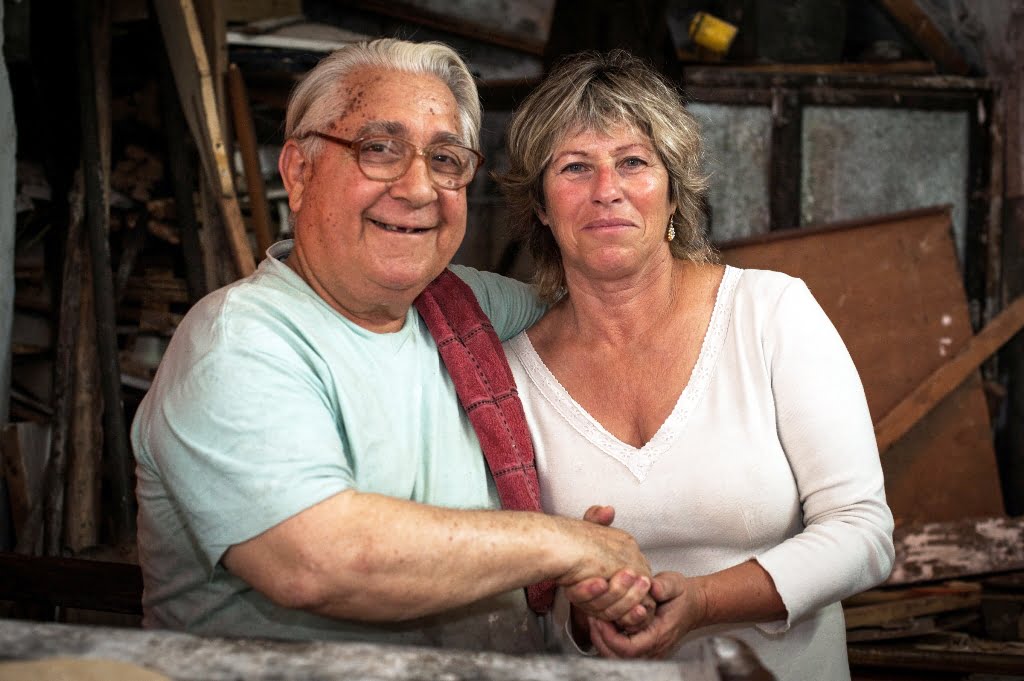
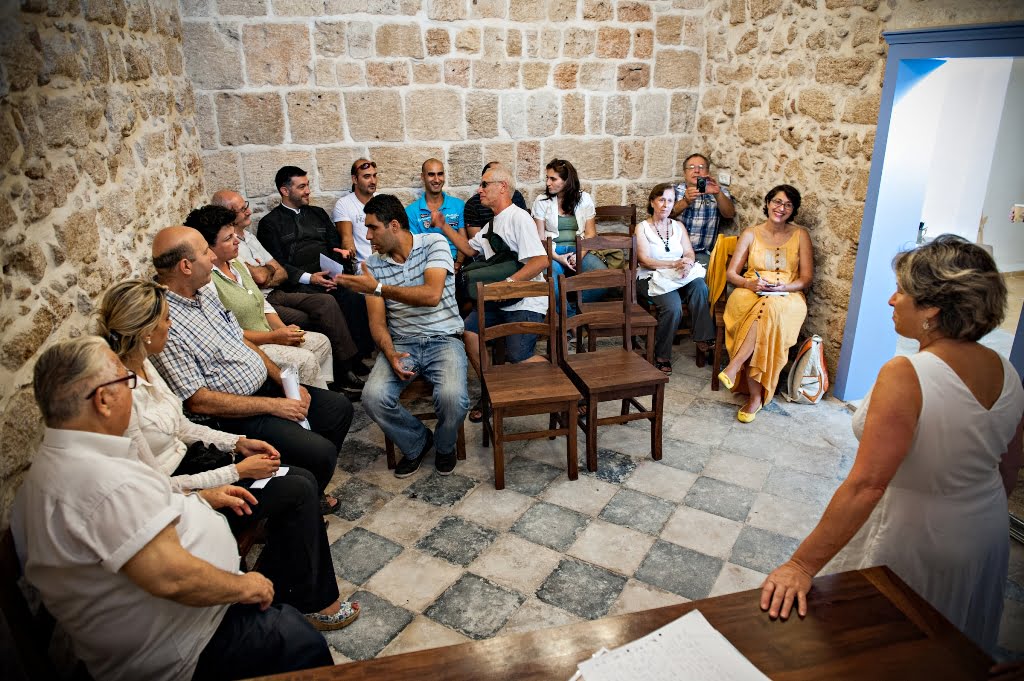
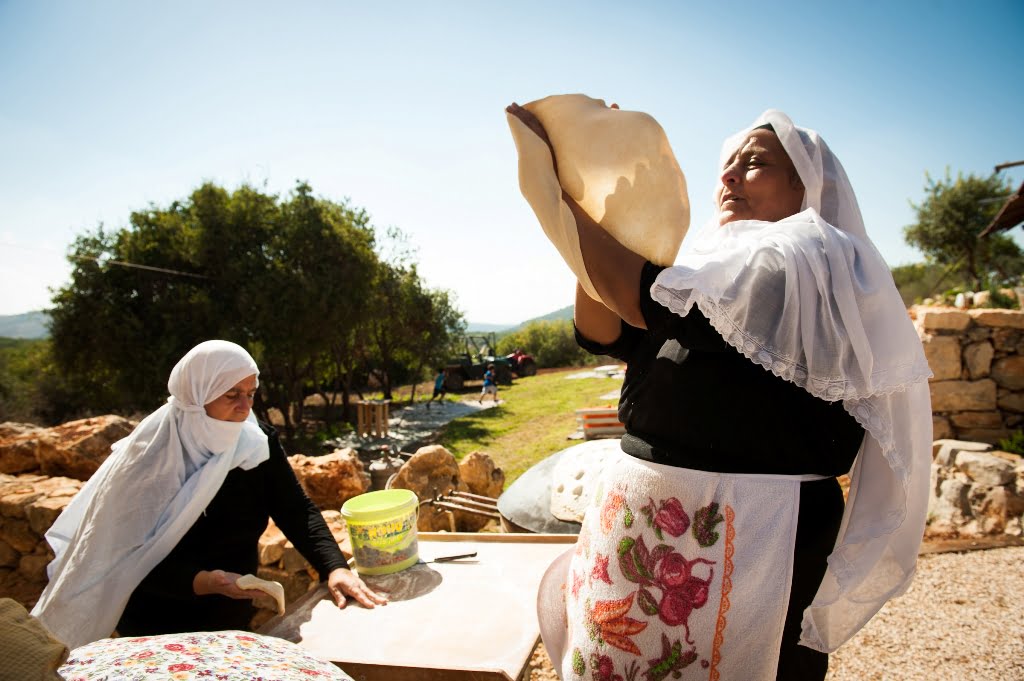
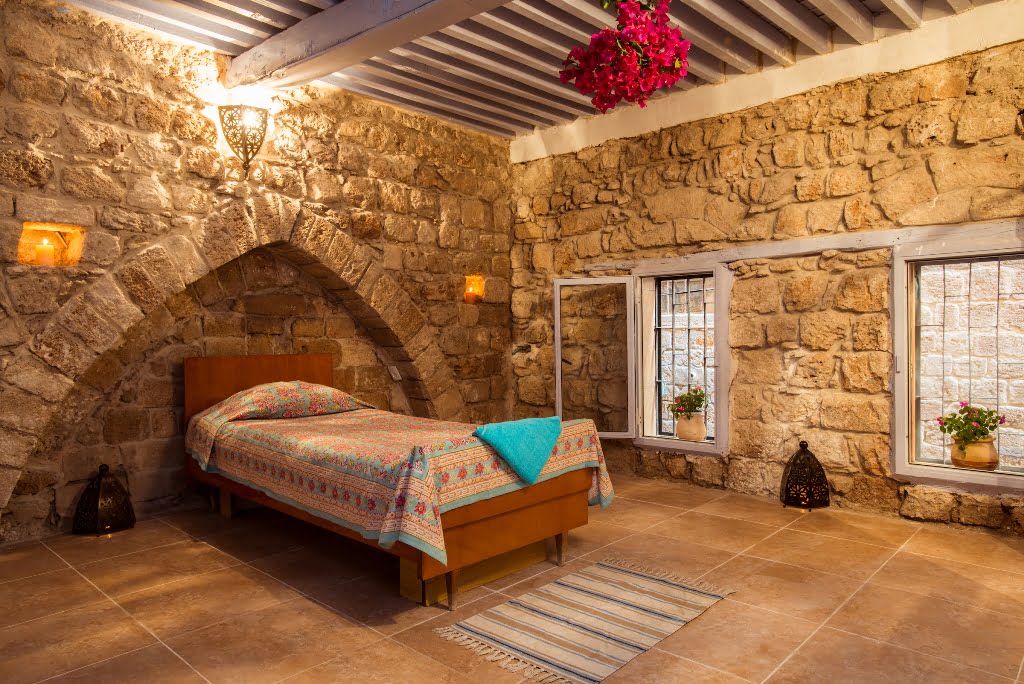
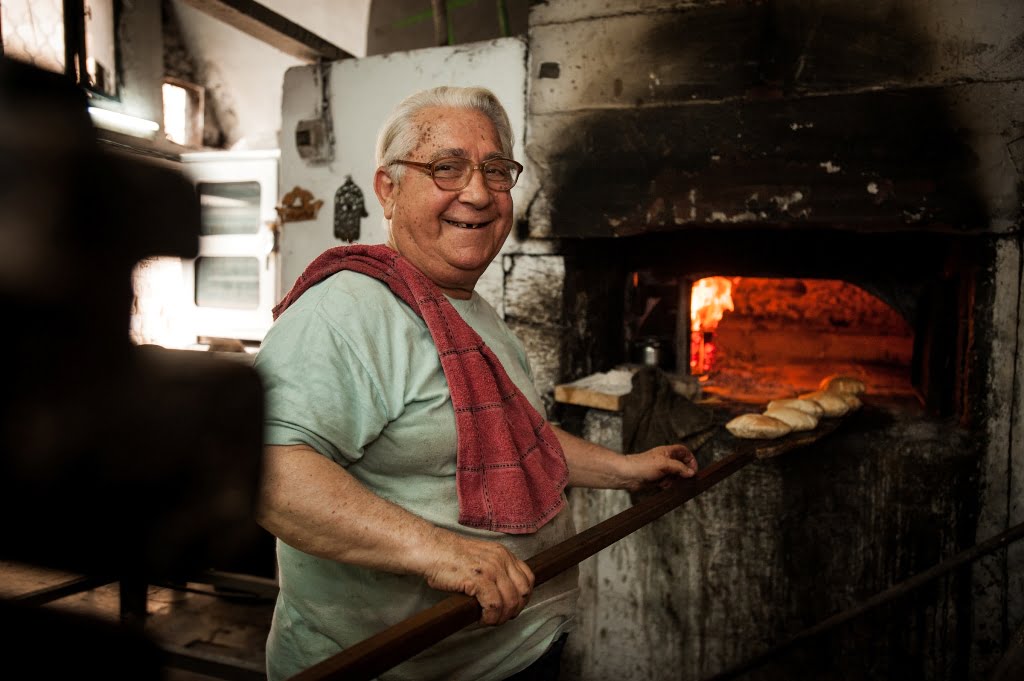


Facebook comments